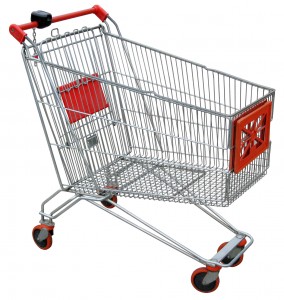(Ed. Note: A family emergency has been keeping me away from the office. The good news is that I have been catching up on my RSS feeds and reading some really interesting stuff, albeit a bit late. One of these interesting reads is a David Brooks piece dealing with corporate intangible assets. Since this was published Christmas week, others may have missed it, too. And, when pundits pick up on what you have been talking about for years, I means that the public is finally "getting" it!) David Brooks’ Op-Ed in the December 22, 2009 New York Times raises some interesting points about our new intangible economy. In this piece, entitled “The Protocol Economy,” Brooks recognizes that we have moved from an economy that makes “stuff” –that is, a physical goods economy—to one that deals in “protocols.” (I think it would be more appropriate to call our evolving intangible
The News is Out: We Now Have an Intangible Asset-Based Corporate Economy
A New Framework for IP Strategy Conversations: Ex Post vs. Ex Ante (from IP P®OSPE©TIVE)
(Editorial Note: I have gotten some great feedback from my recent post 9 Out of 10 Patents are Worthless: Here's Why and How to Keep it Happening from You (Part 1 of 4). I am working on the next installment, so be on the look out for more of my thoughts on this meaningful topic.) Readers of the IP Asset Maximizer Blog will probably enjoy this very smart post from Ian McClure of IP P®OSPE©TIVE entitled "A New Legal Landscape for IP: Ex Ante will Join Ex Post Services". (While the post says some very flattering things about me, this is not why I am recommending it: the IP P®OSPE©TIVE blog is consistently good, and Ian "gets" IP business issues.) In this post, Ian frames IP Strategy in terms of "ex post" and "ex ante"--that is, instead of dealing with IP issues after it exists (i.e., ex
Success in Innovation Requires IP Counseling on the Front End: Here’s How to Make it Happen
The 2009 Open Innovation Summit was held in Orlando two weeks ago. The event was attended by corporate practitioners of Open Innovation, including people from P&G, GSK Consumer, Cisco, Whirlpool, J&J, HP (here are Phil McKinney's slides), Clorox, and many others. Leading consultants in Open Innovation also attended, including Stefan Lindegaard of Leadership+ Innovation, Braden Kelley of Blogging Innovation and Robert Brands of Innovation Coach. A number of vendors of services were there, too. I thought this was a great knowledge share event, and a must do for folks wanting to learn more about Open Innovation. Another Summit is planned for August 201o in Chicago. At the Summit, we spent much of the 3 days hearing how the attending companies, many of which include those in the Fortune 100, view Open Innovation as a critical aspect of sustainable growth and profits. We also heard about




 With corporate legal budgets being cut more than 10% in 2009
With corporate legal budgets being cut more than 10% in 2009 
